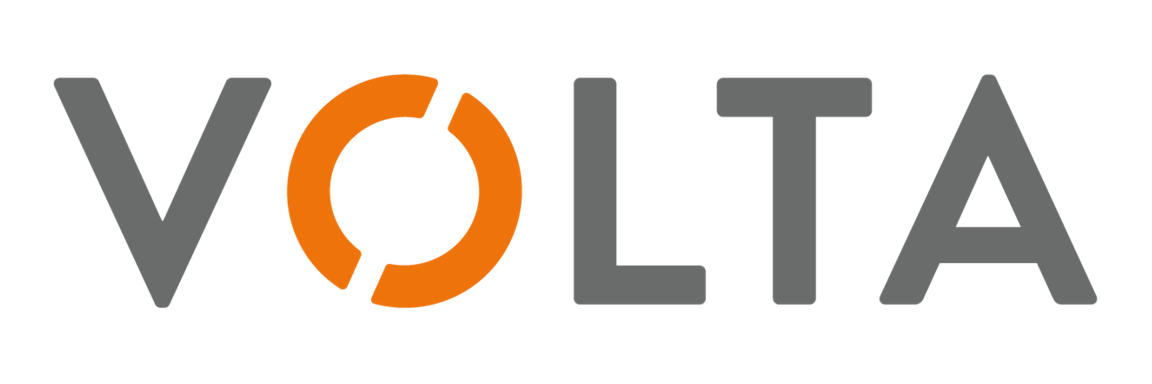Informational Interviews
Informational interviewing is one of the most important components of any job search. Seeking advice and information in a less pressurized environment will allow you to develop a professional network that can help you explore different career tracks, learn what it means to work in a particular job and find the best-fitting job for you. Many people find that information obtained from professionals already working in their field of interest is more accurate, and more valuable, than information gathered from other sources.
Informational interviewing will help you:
gain perspective on employment trends and opportunities;
gain a better understanding of a new career field or practice area;
learn what skills and training are necessary for a new field;
clarify career and employment goals;
rule out jobs that previously may have seemed interesting to you;
sound more informed and “in the know” when you ultimately meet with a decision-maker;
establish contacts in a field or practice area;
get introductions to other contacts who could also become resources; and
identify opportunities in the “hidden job market” – those opportunities that you cannot find anywhere else.
Learn Something New
Informational interviewing is NOT the same as asking for a job, or even asking for job leads. Nevertheless, you should treat every informational interview as an opportunity to impress the person you meet. Be prepared, thoughtful, professional, interested and interesting. You never know when the person you meet today will be in a position to offer you a job in the future or to mention you to a contact who has an unadvertised need to fill. While no employer will hire you if you are not qualified, informational interviewing can uncover essential information and contacts to help you get closer to your goal.
Job seekers often hesitate to request informational interviews because they fear they are “using” or “bothering” people. More senior lawyers also sometimes feel uncomfortable with broad career conversations, worrying that such discussions may impact their contacts’ view of them. Keep in mind that:
everyone likes to give advice;
most people like to talk about themselves, their work and their profession;
people like to help others;
people like to hire people they know;
most professionals, especially those in more senior roles, have benefited from informational interviewing themselves, so they understand its value and are happy to “pay it forward”;
most professionals, particularly those outside large law firms, view exploration of career options as a necessary and healthy career strategy; and
most professionals hold a variety of jobs over their careers.

